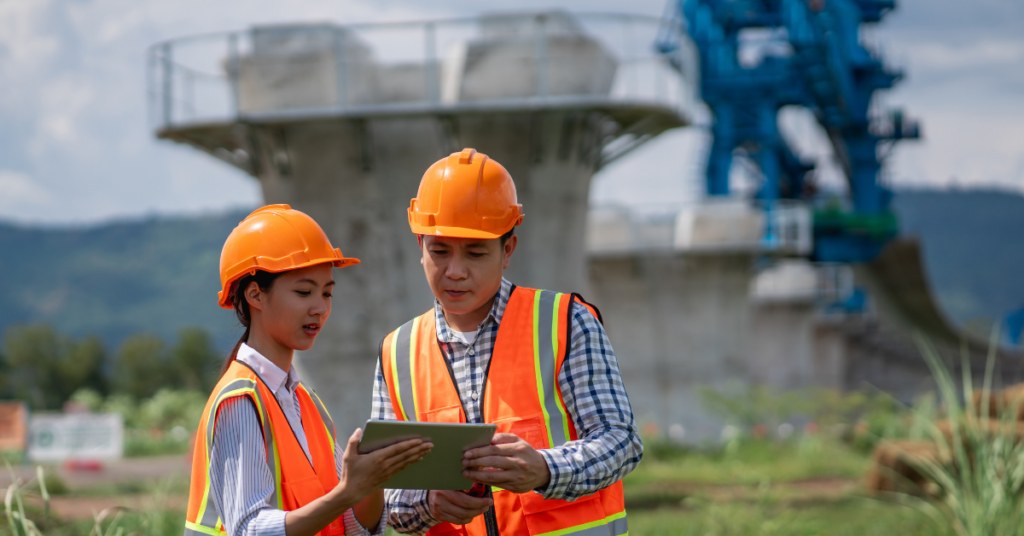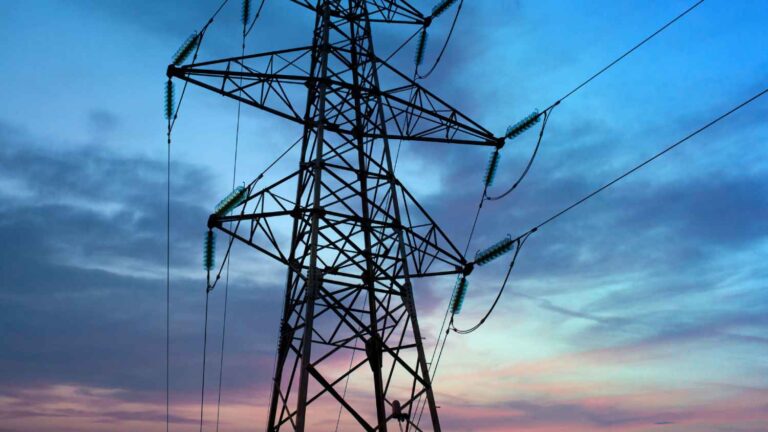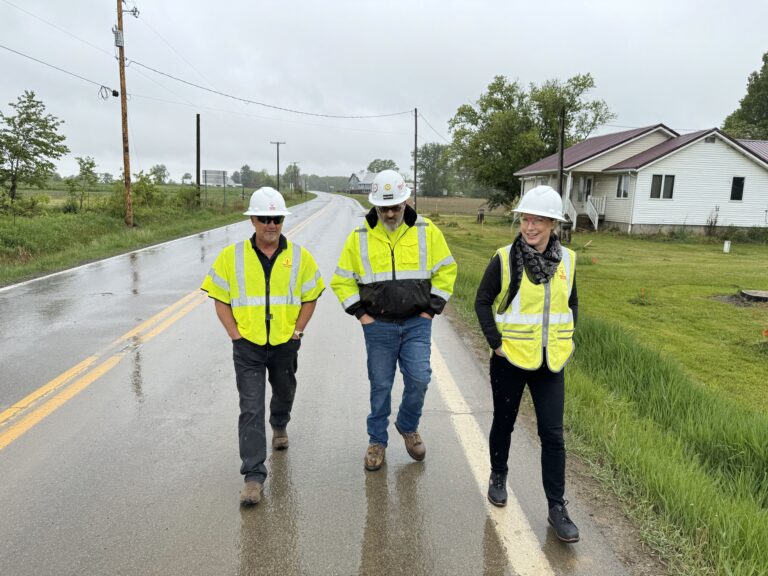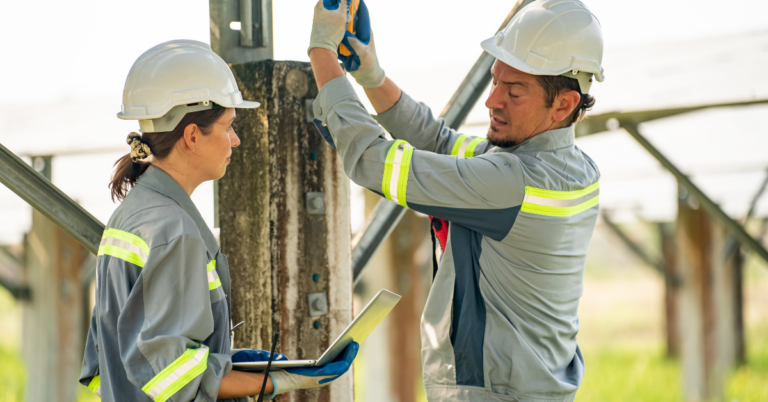We’ve been in the thick of construction project management long enough to know that timelines are everything. A delay doesn’t just push back a deadline—it ripples through budgets, stakeholder confidence, and future opportunities. In an industry where weather, supply chain hiccups, or labor shortages can derail even the best-laid plans, traditional scheduling methods often feel like they’re fighting a losing battle. Static schedules, built on assumptions that rarely hold, leave project managers scrambling when the unexpected hits. But what if schedules could think for themselves? What if they could adapt on the fly, anticipate problems, and optimize every moving part of a project? That’s the promise of artificial intelligence (AI), and it’s changing the game for construction timelines.
AI isn’t some distant concept—it’s here, and it’s making construction schedules smarter, more flexible, and more efficient. By harnessing AI for dynamic scheduling, crew optimization, and resource allocation, construction companies are rewriting what’s possible in project planning.
The numbers back this up: AI in construction market is experiencing rapid growth and is projected to expand significantly through 2025. According to Fortune Business Insights, the global AI in construction market is expected to grow from $4.86 billion in 2025 to $22.68 billion by 2032, exhibiting a compound annual growth rate (CAGR) of 24.6% during the forecast period
The Construction Industry’s Scheduling Struggles
Construction is a high-pressure world where time is money. Delays are more than inconveniences—they’re costly, with over 50% of construction projects globally (and 61% in the US) facing failures due to missed deadlines or budget overruns. These setbacks can cost millions, spark legal disputes, or erode trust with clients. The culprit? Traditional scheduling relies on rigid plans that don’t bend when reality shifts. A sudden rainstorm, a delayed material shipment, or an unexpected labor shortage can throw everything off, and by the time you realize it, you’re already behind.
AI is flipping this script. With nearly half of construction firms planning to adopt AI within the next few years, the industry is embracing a new era of intelligent planning. AI doesn’t just automate repetitive tasks—it digs into data, spots patterns, and predicts outcomes, giving project managers the tools to stay ahead of the curve. Let’s break down how AI is revolutionizing three critical aspects of construction scheduling: dynamic scheduling, crew optimization, and resource allocation.
Dynamic Scheduling: Adapting to the Unpredictable
If there’s one thing construction teaches you, it’s that no plan survives contact with reality. Dynamic scheduling, powered by AI, is designed for this chaos. Unlike static schedules that lock you into a fixed sequence of tasks, AI-driven schedules are fluid, adjusting in real-time to keep projects on track. They’re built on data—lots of it—drawing from historical project records, current site conditions, and even external factors like weather forecasts or supplier timelines.
AI uses machine learning to predict potential delays before they happen. For instance, if data suggests a high chance of rain next week, AI can reshuffle tasks to prioritize indoor work or pull in extra resources to beat the weather. If a critical material delivery is running late, AI can adjust the schedule to focus on other tasks, minimizing downtime. This isn’t guesswork—it’s precision, backed by algorithms that analyze thousands of variables to keep your project moving.
What’s even more impressive is AI’s ability to generate multiple schedule scenarios. Instead of spending days crafting a single plan, AI can produce hundreds of viable schedules in hours, each accounting for labor, equipment, and material constraints. You get a clear view of the trade-offs—faster timelines might require more crew, while cost-focused plans might extend the schedule slightly. This flexibility empowers project managers to make informed decisions, choosing the path that best aligns with project goals. Dynamic scheduling isn’t just about staying on time—it’s about staying in control, no matter what the site throws at you.
| AI Feature | Description | Impact on Timelines |
| Predictive Analytics | Forecasts delays using historical and real-time data. | Prevents disruptions by adjusting plans early. |
| Scenario Generation | Creates multiple schedule options with cost and time impacts. | Optimizes timelines by selecting the best plan. |
| Real-Time Adjustments | Adapts schedules based on current site conditions. | Minimizes downtime from unexpected events. |
Crew Optimization: Putting the Right Team to Work
Crews are the heartbeat of any construction project. Assign the wrong team to a task, and you’re looking at wasted time, rework, or worse, safety risks. AI is transforming crew management by ensuring the right people are in the right place at the right time. It does this by analyzing a wealth of data—worker skills, certifications, past performance, and even availability—to create optimized crew schedules.
Imagine you’re managing a project with dozens of tasks, from concrete pouring to electrical work. AI can match crews to tasks based on their expertise, ensuring that your best welders are on the critical structural jobs while your finishing team handles the detail work. It can also predict how long tasks will take based on historical crew performance, helping you avoid over- or under-scheduling. This precision boosts productivity and reduces the risk of bottlenecks.
AI goes beyond just assigning tasks. It monitors work hours to prevent fatigue, a major cause of accidents on construction sites. By flagging when workers are nearing overtime or need rest, AI keeps safety first while maintaining progress. It can also optimize shift rotations to balance workloads, keeping crews fresh and engaged. In an industry where skilled labor is a precious commodity, this level of optimization isn’t just a luxury—it’s a competitive edge that saves time and money.
Resource Allocation: Keeping the Supply Chain Flowing
Nothing grinds a construction project to a halt faster than running out of materials or equipment. Whether it’s a shortage of rebar or a crane sidelined for repairs, resource issues are a major driver of delays. AI tackles this problem head-on by predicting resource needs and ensuring everything is in place when you need it.
For materials, AI analyzes project requirements and historical usage patterns to forecast demand. If you’re building a high-rise, AI can tell you exactly how much concrete you’ll need and when, factoring in lead times and supplier reliability. By integrating with supply chain systems, it tracks deliveries in real-time, alerting you if a shipment is delayed so you can adjust the schedule or source alternatives. This proactive approach eliminates the dreaded “waiting game” that stalls so many projects.
Equipment management is another area where AI shines. By monitoring usage and maintenance data, AI can predict when a piece of machinery might fail and schedule preventive repairs before it becomes a problem. This reduces downtime and extends equipment life, saving both time and costs. AI also optimizes equipment allocation, ensuring that cranes, excavators, and other tools are used efficiently across tasks. The result? A smoother workflow with fewer interruptions and a timeline that stays on track.
Challenges: Making AI in Construction Work in the Real World
AI’s potential is undeniable, but it’s not a plug-and-play solution. To get the most out of AI, construction companies need to address a few key challenges. First, data quality is critical. AI thrives on accurate, comprehensive data, so firms must invest in systems to collect and manage project information. If your data is spotty or incomplete, AI’s predictions will be too.
Integration is another hurdle. Many construction companies use legacy systems for scheduling and resource management, and getting AI to work seamlessly with these tools can be complex. It requires careful planning to avoid disrupting existing workflows. Training is also essential—AI tools are only as good as the people using them. Workers and managers need to understand how to interpret AI insights and act on them effectively. Clear communication about AI’s role—enhancing jobs, not replacing them—can help overcome resistance to change.
Cost is a final consideration. Implementing AI can require significant upfront investment, especially for smaller firms. But the payoff—faster projects, lower costs, and happier clients—often makes it worth it. Companies need to weigh these factors and choose AI solutions that align with their goals and resources.
The Road Ahead: AI’s Growing Role in Construction
The construction industry is just scratching the surface of what AI can do. As technology advances, we’re likely to see AI powering autonomous equipment, like drones for site surveys or robots for repetitive tasks, further streamlining timelines. AI’s integration with IoT devices will also provide real-time insights into site conditions, worker safety, and equipment performance, driving even greater efficiency. And as sustainability becomes a priority, AI will help optimize material use and energy consumption, supporting greener construction practices.
These advancements aren’t far off—they’re already taking shape, and early adopters are reaping the rewards. By embracing AI now, construction companies can position themselves as leaders in a rapidly evolving industry, delivering projects that are faster, safer, and more cost-effective.
Conclusion: Build Smarter with AI
AI-enhanced planning is more than a trend—it’s a revolution in how construction timelines are managed. By enabling dynamic scheduling, optimizing crews, and streamlining resource allocation, AI is helping project managers navigate the chaos of construction with confidence. The result? Projects that finish on time, stay within budget, and exceed expectations.
At Think Power Solutions, we’re passionate about helping our clients unlock the power of AI. Our team specializes in tailoring AI solutions to your unique projects, from data integration to staff training, ensuring you get results that matter. Ready to redefine your construction timelines? Contact Think Power Solutions today to discover how AI can transform your next project. The future of construction is smart, and it starts with you.



